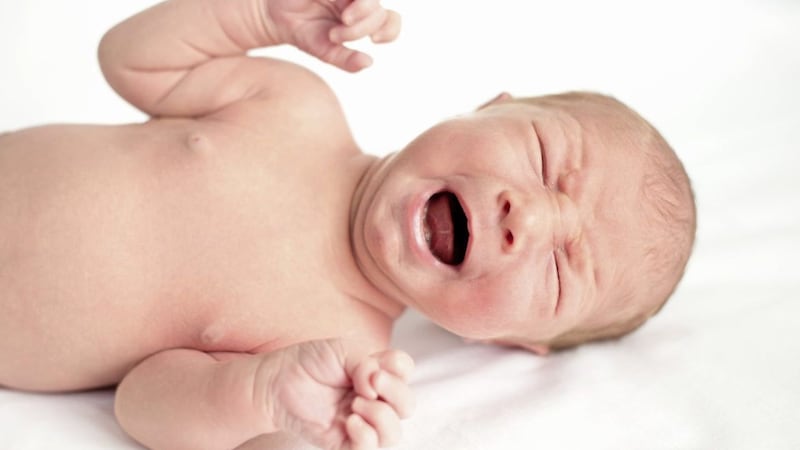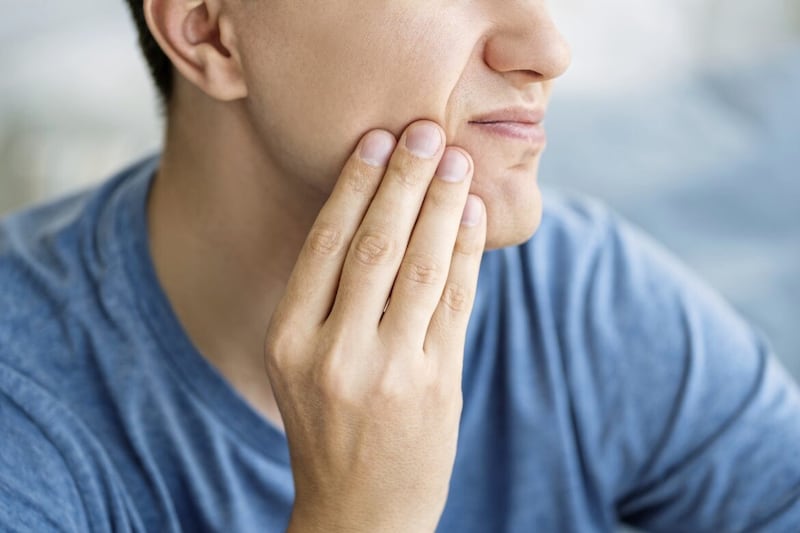THE eruption of a baby's first tooth is a time of great scrutiny and anticipation. However, it can happen even earlier than anyone imagined, as in the recent case of the 12-day-old baby who needed a tooth removed in England.
Since newborns with teeth are such a rare occurrence (reports reveal it to be around one in 2,000–3,500 births) they have been the subject of much curiosity and many a wild folk tale since the beginning of time. Caius Plinius Secundus (the Elder), in 23 BC, believed that a splendid future awaited male infants with natal teeth, whereas the same phenomenon was a bad omen for girls.
In Poland, India, and Africa superstition prevailed for a long time, and up until very recently in some primitive tribes children born with teeth were even murdered soon after birth because they were believed to bring misfortune to all they would contact.
In England, the belief was that babies born with teeth would grow to be famous soldiers, whereas in France and Italy the belief was that this condition would guarantee the conquest of the world. If you were born with teeth then you are hobnobbing with the likes of Hannibal, Louis XIV, Richard III and Napoleon.
They are called natal teeth when the baby is born with them or neonatal teeth when the teeth erupt within a month of birth. A baby normally gets their first teeth from six months onwards (there is a wide time range of what is considered normal).
What causes the teeth to erupt early or for extra teeth to form is not known; however, about 15 per cent of people with natal teeth had parents, siblings, or other near relatives with a history of natal and/or neonatal teeth. Rarely it can be connected with a syndrome.
In 90 per cent of cases these teeth are the child’s real baby teeth that have just erupted extremely early. So initially the teeth may feel loose and then firm up as the root grows under the gum to secure it.
On the other hand, these can be additional teeth altogether. Issues can arise around breastfeeding, like pain on suckling, refusal to feed, ulceration of the baby’s mouth or, extremely rarely, the tooth can become loose and be inhaled.
If problems occur then the baby would be treated at the hospital and assessed as to whether the teeth needed removed or not.








